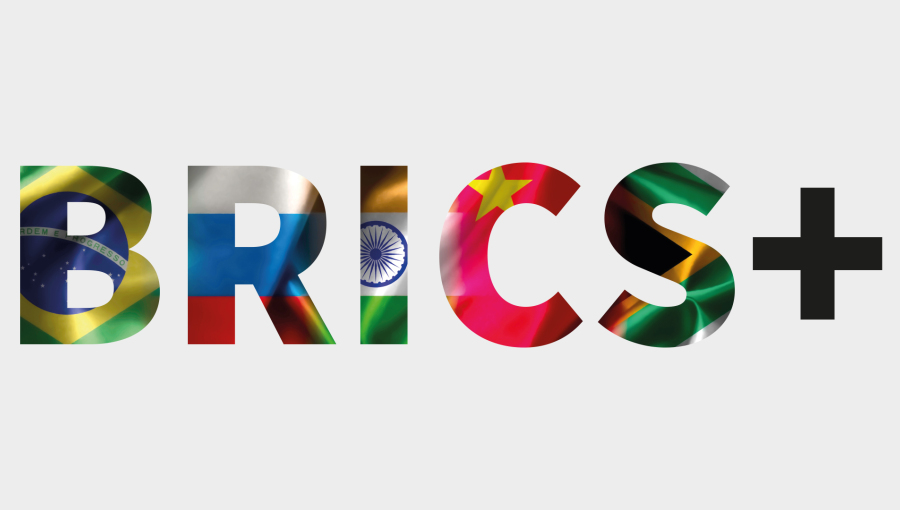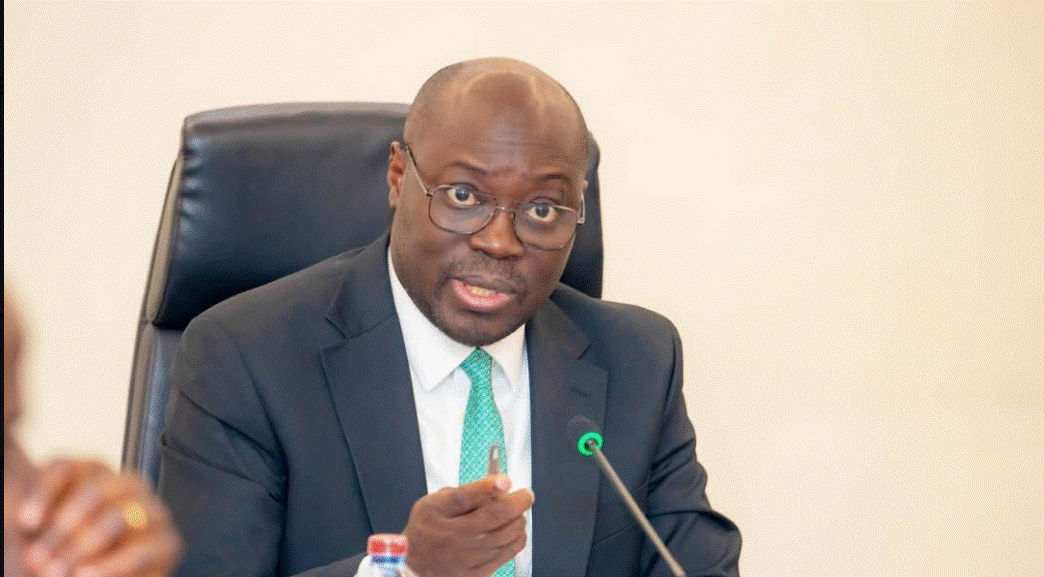
One these banks is Societe Generale Ghana (SG Ghana), a bank that has for over four decades skillfully stayed aloft the choppy waters of Ghana’s banking industry.
A recent indication of the bank’s praise-worthy performance is its 2017 figures: with a Total Operating Income of over 17.4% accruing from increase in credit and investment income, commissions and fees as well as higher forex trading rates, SG Ghana made a net profit of GHS90,507,000 in 2017, as against GHS63, 899 in 2016, a difference of about 41.6%.
Again, the bank in 2017 recorded an impressive performance of 13.3% in the management of its Non-Performing Loans (NPL) portfolio compared to a 21.6% banking Sector average ratio – a worthy achievement by all standards for a sector that struggles with staggering NPL figures.
But there is more good news in the pipeline.
In July this year, Managing Director of SG Ghana, Sionle Yeo, revealed that encouraged by the bank’s growth performance and market share over the last couple of years, shareholders have committed to investing more resources to give a further boost to the bank’s competitive edge.
Challenges and the new paradigm
Ghana’s central bank in March of this year gave one of the most credible indications of a troubled financial sector in an official release, citing “poor banking practices” as one of the many causes.
The Bank of Ghana (BoG) explained that the takeover of the management a local bank days before the official release on the banking sector was among the targeted actions to correct the situation.
The key challenges in the sector, according to the Governor of the central bank, Dr Ernest Addison, included poor banking practices coupled with weak supervision and regulation by authorised agencies.
The central bank Governor also acknowledged that the situation has significantly undermined the stability of the banking and other non-bank financial institutions, giving it cause to revoke licenses of some banks while others were placed under comprehensive capital restoration plans.
To clean the sector, therefore, the central bank set out the following measures -- a new paradigm sort of -- as a means of restoring confidence in the financial system:
- Introduction of the Basel Regulatory Capital Requirement Directive;
- Review of guidelines, directives and regulations to the industry in line with the new Banks and Specialized Deposit-taking Institutions Act, 2016 (Act 930);
- Roll-out of the Basel II/III supervisory framework, and ensure implementation of IFRS 9 by banks;
- Full implementation of the new minimum capital requirements for banks by end-December 2018 deadline. To this end, the BOG will issue guidelines to the industry on compliance with the capital increase directive of 2017 and strictly monitor compliance;
- Address specific risks from high NPLs, poor corporate governance and poor risk management systems. To this end, we will issue directives on corporate governance, risk management (including cyber and information security-related risks); among others.
SG Ghana and the new minimum capital requirement
As the December 31 deadline for banks to meet the capital requirement of GHS400 million approaches, it remains to be seen if SG Ghana will add to the growing list of banks that have met this new regulation.
According to the central bank, some 20 banks have so far met the new requirement, with Fidelity Bank Ghana being the latest addition.
In fact, work on SG Ghana’s recapitalisation started as far back as 2017 when it received BoG’s notice about the revised the minimum capital requirement for all banks.
The Board of Directors, Management and Shareholders together with the Sponsoring Broker, Financial and Legal Experts worked assiduously to meet with the BoG deadline.
To be sure, SG Ghana gave a firm assurance five months ago that it was taking steps to raise an additional GH¢165 million to meet the GH¢400 million minimum capital requirement of the Bank of Ghana (BoG).
Shareholders of the Bank at their 38th Annual General Meeting held on March 28, 2018, had authorised the Board of Directors to increase the stated capital of the Bank to GHS400 million.
The increase was through a bonus issue by the transfer from Income Surplus to Stated Capital of GHS97 million backed by a bonus share of 6 to 1 and a renounceable Rights Issue to raise up to GHS170 million.
All is set, therefore, for SG Ghana to add the list of the banks that have attained the enviable GHS 400 million minimum capital requirement.
The new capitalisation will make it possible for SG Ghana to take advantage of the huge opportunities in the Ghanaian economy, enhance its competitive edge and enable to deal with new challenges. Read Full Story
















Facebook
Twitter
Pinterest
Instagram
Google+
YouTube
LinkedIn
RSS